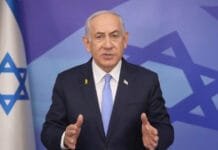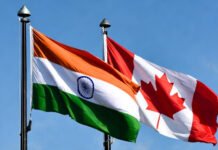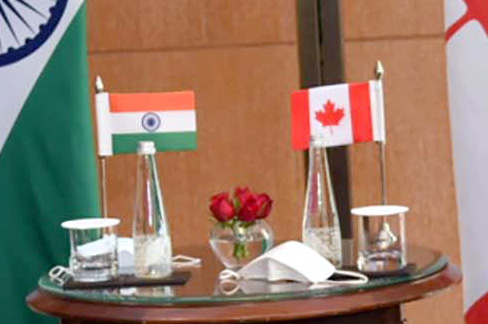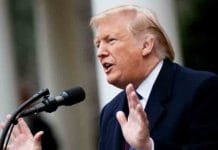National Security Advisor (NSA) Ajit Doval’s diplomatic pressure on Canada appears to have produced results. Just days after the high-level meeting between the Indian and Canadian NSAs, Canadian authorities have arrested Khalistani leader Inderjit Singh Gosal, a close aide of Sikhs for Justice (SFJ) chief Gurpatwant Singh Pannu.
Arrest of a Key Khalistani Organizer
According to media reports, Gosal served as Pannu’s personal security officer and later emerged as a key organizer of Khalistan referendums in Canada. His arrest comes on weapons-related charges, highlighting a significant shift in Ottawa’s handling of extremist activities.
Gosal, 36, has previously faced legal action. In November 2024, he was arrested for alleged involvement in a violent incident at a Hindu temple in the Greater Toronto Area but was released on conditions.
The September 18 NSA Meeting
The arrest follows the September 18 meeting in New Delhi between India’s NSA Ajit Doval and his Canadian counterpart Nathalie G. Drouin. The discussions covered Ottawa’s stance on pro-Khalistan separatists, the murder of Hardeep Singh Nijjar, counter-terrorism cooperation, and the extradition of individuals involved in extremist activities against India.
Sources indicate that Doval strongly urged the Canadian government, led by Prime Minister Mark Carney, to intensify action against Khalistani networks operating on Canadian soil.
Ottawa Acknowledges Funding of Khalistani Terrorism
For the first time, Ottawa officially admitted in an internal report that Khalistani groups have been raising funds in Canada to support anti-India terrorism. The report named Babbar Khalsa International and the International Sikh Youth Federation (ISYF) as groups still active through smaller networks of individuals. Both organizations are designated terrorist outfits under Canada’s Criminal Code.
A New Chapter in Bilateral Ties
Following the talks, India’s Ministry of External Affairs (MEA) announced that both countries agreed to adopt a cooperative approach to counter terrorism and transnational crimes. They also committed to strengthening diplomatic missions by restoring additional personnel at embassies.
This development marks a potential turning point in India–Canada relations, with Ottawa signaling a tougher stance on Khalistani separatist activities and greater willingness to work alongside New Delhi.
















